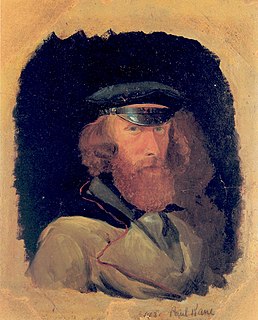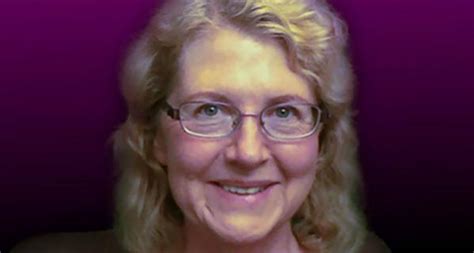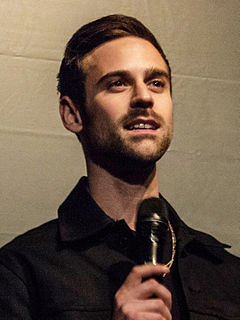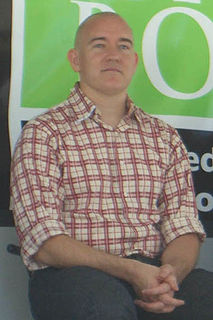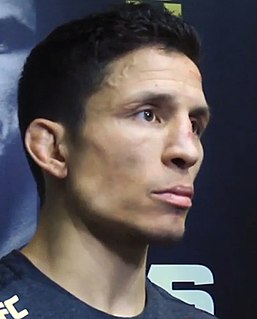A Quote by Paul Kane
It was relatively easy to write 'The Cave of Lost Souls', though, because it came to me one night in a dream. I remember waking up and having this idea for a complete story - from start to finish - in my head, so I jotted it down, then later began writing the thing.
Related Quotes
In my mind, only one inviolable precept exists in terms of being a successful writer: you have to write. The unspoken sub-laws of that one precept are: to write, you must start writing and then finish writing. And then, most likely, start writing all over again because this writing "thing" is one long and endless ride on a really weird (but pretty awesome) carousel. Cue the calliope music.
Personally I feel for the fans because I remember the period of time when Michael Schumacher was winning. I remember waking up in the morning to watch the start of the race and then going to sleep, and then waking up when it ended because I already knew what would happen. I am pretty sure a lot of people were doing that today.
The biggest pitfall to avoid is not writing. Not writing is really, really easy to do, especially if you're a young writer. The hope that elves will come in the night and finish it for you, is a very common one to have. That is my main recommendation - you have to write, and you have to finish what you write and beyond that, it's all detail.
Learn a lot about the world and finish things, even if it is just a short story. Finish it before you start something else. Finish it before you start rewriting it. That's really important.
It's to find out if you're going to be a writer or not, because that's one of the most important lessons.
Most, maybe 90% of people, will start writing and never finish what they started. If you want to be a writer that's the hardest and most important lesson: Finish it. Then go back to fix it.
Usually when I finish the draft of a book, I'm sure I'll never write another one. I'm just that tired and sick of myself. But then another idea starts percolating. It usually begins with the narrator's name, then some idea that intrigues me about her life or situation. I try to ignore it as long as I can, because I know when I start writing, I'll be right back into it, every single day. But eventually, I just have to. It's a compulsion!
I thought, 'Oh, I'll be an independent producer. Oh, I'll be a manager.' I was going through all those things in my head, and one night, late at night, I was having what I would now describe as probably a panic attack because there were so many unknowns. An almost literal voice came into my head telling me, 'You need to write.'
The main characters for 'The Seer and the Sword' made an appearance one night and then haunted me for over five years before I began to write them down. Does that count as inspiration? For me, characters tend to show up, stay on to help with the work of writing their stories, and then occasionally deign to visit after a book is finished.
I bring up 'The Heist,' and you can almost cut that record down the middle between songs where the beat came first and the words came second, and songs where the words came first and the beat came second. It can start with a vibe, a beat that drives a story, or it can start with a story and then trying to identify the tone to tell that story right.
I remember this one time I had a dream about me writing a screenplay, and when I woke up, you know those dreams that feel so real, but I woke up and I was like, 'Oh my god I have this amazing screenplay I need to write down as soon as I wake up' and then I woke up and I was like what the heck was I dreaming of?
When I sit down at the typewriter, I write. Someone once asked me if I had a fixed routine before I start, like setting up exercises, sharpening pencils, or having a drink of orange juice. I said, "No, the only thing I do before I start writing is to make sure that I'm close enough to the typewriter to reach the keys."
